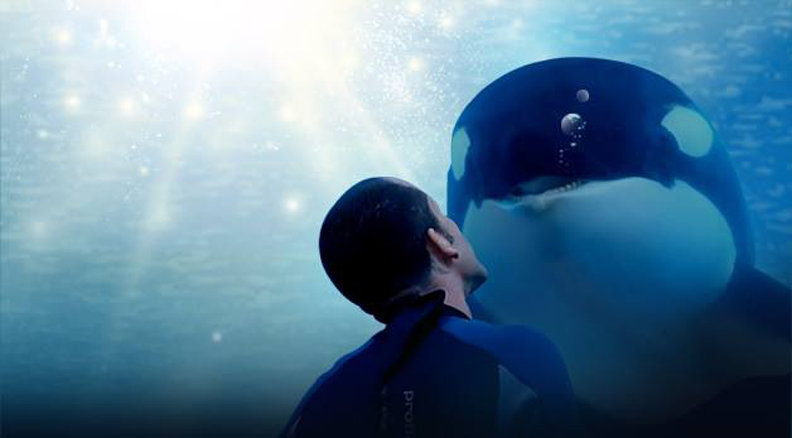
By definition, documentaries are meant to be controversial.
Unlike their fictional counterparts, documentaries are not produced solely for entertainment. Rather, they are mostly created to sway audiences to their particular perspective or to enlighten them on an issue. While some fictional films tackle social issues, either literally or through allegories, documentaries are meant to be controversial and enlightening.
But how many of them have actually had an impact on the world.
While there are hundreds of films, both fictional and documentary, that have changed individual opinions, only a handful have led to change, including creating a social or political movement, creating widespread controversy or even leading to changes on a political or legislative level.
There is, of course, a fine line between documentaries and propaganda. While films like Leni Riefenstahl’s Triumph of the Will and Frank Capra’s Why We Fight series were responsible for altering the social and political landscape of both Nazi Germany and the United States respectively, they were both government sponsored wartime propaganda, so both are excluded from the list.
As for these twelves films, each one was considered highly controversial upon its release. Some were accused of exaggeration or distortion, others were labelled propaganda and some were accused of being unethical. However, each of these films managed to reach a substantial audience and trigger a collective outrage. Some of these movements have since changed corporate policy and legislature. Some are still in the midst of a battle for public opinion. All twelve films though are responsible for one key thing: they triggered a discussion that can still be felt to this day.
12. An Inconvenient Truth (2006)
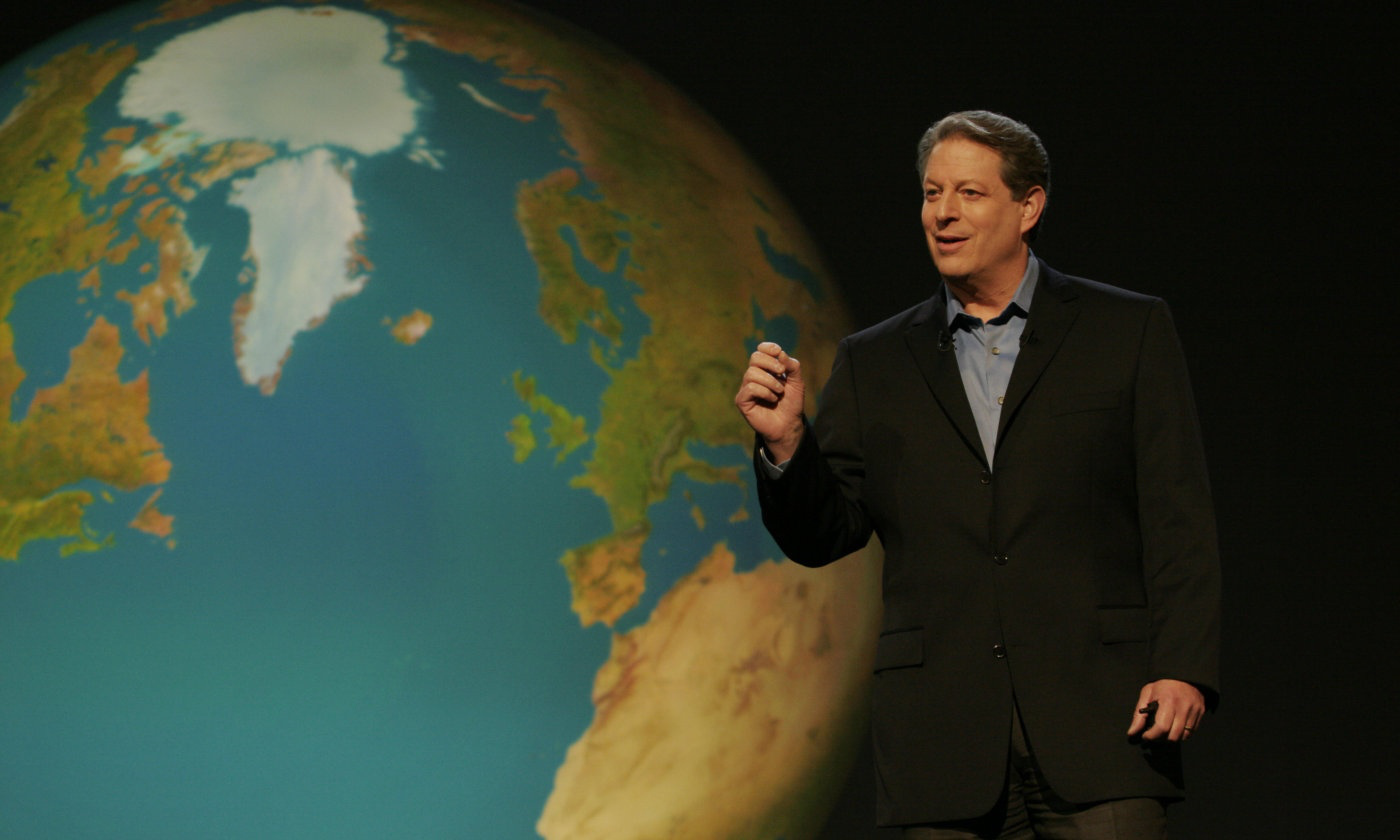
Highly controversial upon it’s release in 2006, An Inconvenient Truth has been credited as one of the most influential documentaries of the 21st Century. Not bad for a film which is essentially a power point presentation from former Vice President Al Gore.
Audiences were divided. Some praised the film’s fact based approach to the issue of climate change. Others labelled it propaganda, with one US senator even comparing the film to Adolf Hitler’s Mein Kampf. Despite the rhetoric, the film was considered essential viewing within many industrialised nations.
British Prime Minister David Cameron even mentioned the film during a speech to a Conservative Party conference. However, the film’s most prominent audience were school children. If you were still in school after 2006, odds are a teacher played a DVD of the film in a science class. Despite numerous complaints and lawsuits, including an injunction in the United Kingdom, the film is still played in schools across the world.
While the film still remains controversial, due to claims of incorrect figures, exaggerated risks and its targeting of school children, An Inconvenient Truth is not only credited with reenergising the environmental movement, but even enlightening some viewers to the issues of climate change.
11. Armadillo (2010)
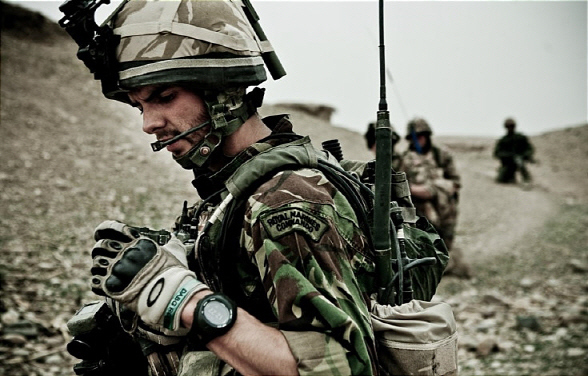
The War in Afghanistan has just entered its sixteenth years and continues to dominate the socio-political landscape of the many countries involved in the conflict. Numerous documentaries have covered the war including Restrepo, Korengal and Taxi to the Dark Side. However, the film that had a lasting impact on the home front was the Danish doco Armadillo.
Director Januz Metz travelled to Afghanistan during a difficult period for Denmark. The Danish military’s presence in the Helmand Province alongside British forces was already controversial as Denmark had the highest casualty rate per capita of any Coalition military in the country.
Just like Sebastian Junger and the late Tim Headerington, Metz embedded himself with members of Denmark’s Guard Hussar Regiment, an elite cavalry unit, as they complete a six-month tour. From the start, Metz makes it clear that is not a tame documentary. Nothing is held back, including splicing footage of emotional farewell dinners with family to the Regiment partying with strippers.
However, the film shocked Denmark upon its release where Metz and his camera may have possibly caught a war crime on film. After an ambush, members of the Regiment discuss ‘liquidating’ wounded Taliban. One anonymous soldier tells his parents about the incident prompting an internal investigation. The unit seems less upset about the accusations of war crimes and more over the betrayal of one of their members.
The events depicted caused a stir within Danish society. Newspapers published hundreds of articles and the government was forced to call an inquiry to determine whether their troops had committed a war crime. The inquiry later determined that the soldiers had not broken the law but clearly, the controversy left a scar on the Danish psyche.
10. The Cove (2009)
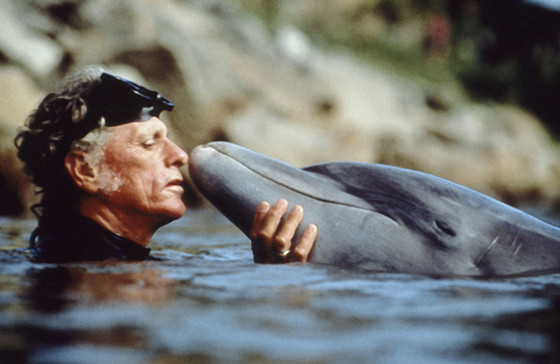
Just by looking at the poster for this film, one automatically assumes that The Cove is an inspiring look at animal rights and activism. Even the film’s title can easily lure anyone into a false sense of security. Instead, the title is actually an apt warning at the horrors that are about to be thrown at the audience.
Even as the audience gets to know the film’s subject, Ric O’Barry, we learn about his horrid introduction into the world of animal activism. Originally a dolphin trainer, O’Barry helped capture and train the dolphins that would be used for filming the hit 60’s show, Flipper. According to O’Barry, one of the dolphins committed suicide in his arms by suffocating itself. O’Barry not only feels responsible for the dolphins death, but also the influence the show had on the development of marine parks.
Whaling has always been a hot topic, one that the international community has addressed for years, especially against the Japanese. So how does The Cove make any impact on the issue? Its tactic of shock and awe not only reinvigorated political discourse and activism, but footage of O’Barry collecting vox pops in Tokyo clearly has an impact.
While the film also caused discussions on freedom of speech in Japan after nationalist groups demanded the film be banned, The Cove’s key achievement remains its impact on commercial whaling. International outrage was revitalised and even support within Japan declined following the film’s release.
9. Gimme Shelter (1970)
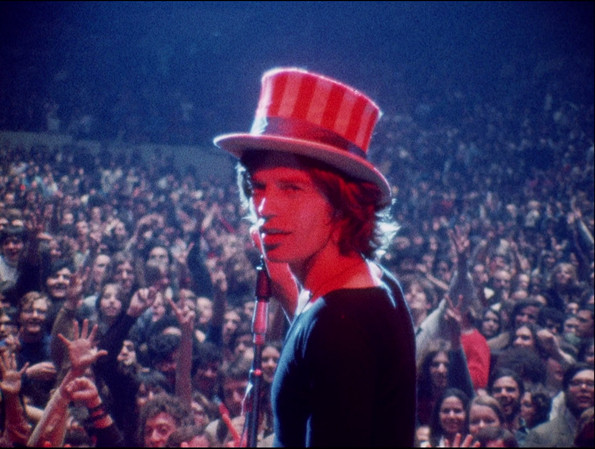
For many of the films on this list, their efforts to change the world were precise and deliberate. Gimme Shelter, however, stands out as one of the only films on this list that made an impact on the real world by accident.
Filmmakers Albert and David Maysles and Charlotte Zwerin followed The Rolling Stones during their 1970 tour of the United States, including the now infamous Altamont Speedway Concert in Tracy, California. The event quickly grew out of control: drugs and alcohol made the crowd uneasy and the Hell Angels, hired as security, instigated a number of fights. One such scuffle resulted in the death of student Meredith Hunter, stabbed by Hells Angel Alan Passaro.
Footage shot by the crew not only identified Passaro as the assailant, it also proved that Hunter produced a firearm shortly before his death. Passaro was later exonerated, with Hunter’s death declared an act of self-defence. The film, which was purely observational, does not attempt to address any of the subject matter’s controversial behaviour, such as The Rolling Stones allowing bikies to provide security at their concert. But, pure to Cinema Verite, the filmmakers never question the motives of their subject matter. They simply observe, an action that directly impacted a murder trial.
8. Gasland (2010)
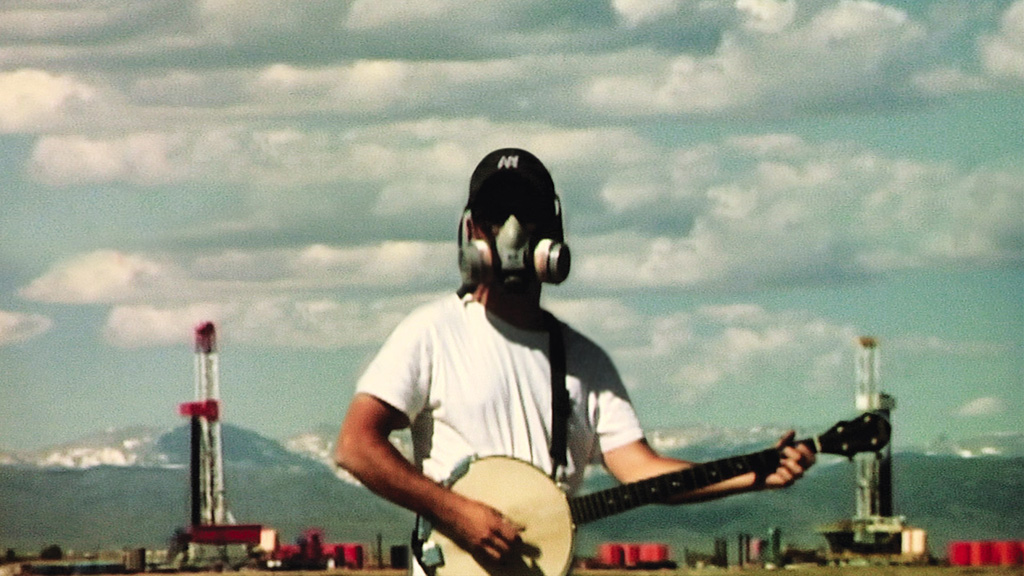
Before the films release, the term fracking was not common in the public sphere. Outside of corporations, government and activist groups, the practice of hydraulic fracturing, or fracking, was a mystery to most of the public. But, with the practice now common knowledge, it has become a key topic within the political ream.
So how did this change?
While the work of environmental groups and activists has helped bring fracking into the public knowledge, its impact on the world was still unclear to a lot of people. What was so bad about fracking? Gasland’s contribution to the debate was simple: a symbol. One of the most shocking moments in the film was the sight of a homeowner lighting his faucet on fire.
Nearby fracking had caused flammable and potentially dangerous gases to leak into his water supply. The image of a tap water igniting is not only shocking, it is familiar. Audiences may not be able to relate to some of the health and environmental issues, but they can relate to the idea that this practice could not only make your drinking water poisonous, but also flammable.
Director Josh Fox has faced criticism for this, with some claiming the fire was not caused by fracking and some even accusing Fox of fraud. Counter arguments were made including the documentary FrackNation (2013) that questioned Fox’s decision not to include evidence of faucets igniting in homes as far back as the 1930s. Regardless of one’s personal opinion on the subject matter, Gasland gave the fracking debate a much-needed symbol.
7. Paradise Lost Trilogy (1994, 2000, 2011)
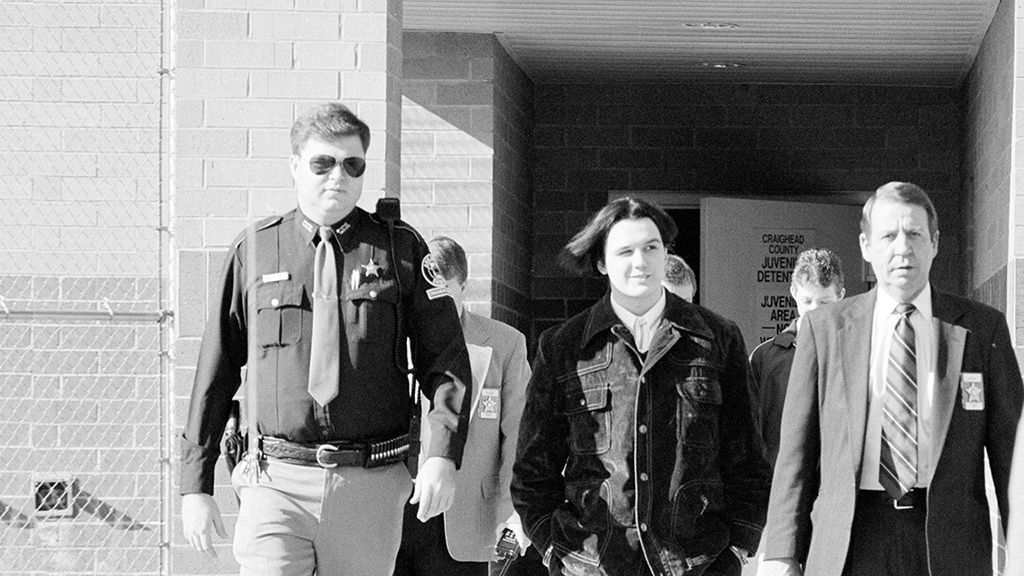
Looking back now, it is scary just how close the small town of West Memphis came to missing a great injustice committed right under their very noses. One that was uncovered, not by a lawyer, police officer, judge or civil rights activist, but by a pair of filmmakers.
In 1993, three eight-year-old boys were found murdered in a ditch, their bodies showing signs of sexual assault and mutilation. Investigators later arrested three local teenagers: Damian Echols, Jason Baldwin and Jessie Misskelley, charging them with the three murders.
Initially, filmmakers Joe Berlinger and Bruce Sinofsky travelled to West Memphis to simply cover the trial, intrigued by the gruesome details and the media circus that was already unfolding. However, the duo quickly noticed inconsistencies in the trial. The defendants, known as the West Memphis 3, were being tried on almost no evidence. Instead, the prosecution relied on the small town’s conservative and Evangelical Christian beliefs, emphasising the trio’s fashion, music and beliefs. The filmmakers watched as the trial became a character assassination and eventually a witch-hunt.
In the years that followed, Berlinger and Sinofsky returned to West Memphis after the three boys were convicted, with Misskelley receiving 40 years, Baldwin life and Echols the death penalty. Paradise Lost 2: Revelations re-examined the physical evidence from the crime scene and even accused John Mark Byers, stepfather of one of the victims, of committing the crime.
By the time the third film, Paradise Lost 3: Purgatory, was released in 2011, the West Memphis 3 were a hot topic. Multiple books were written on the case and activism for the trio emerged, including support from celebrities such as Henry Rollins, The Dixie Chicks and Metallica.
In 2011, shortly before the final film was released, a plea bargain saw the West Memphis 3 released from prison. Echols himself acknowledged the work of the filmmakers in the film, stating that they kept him alive.